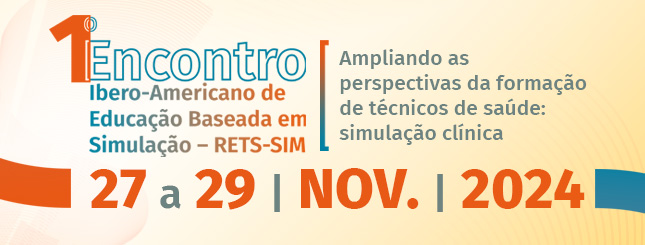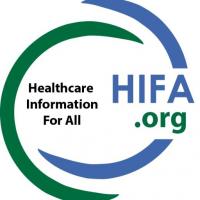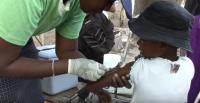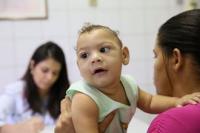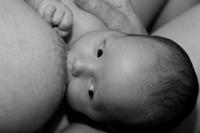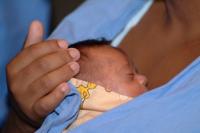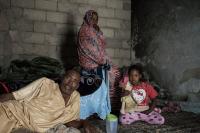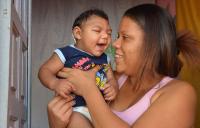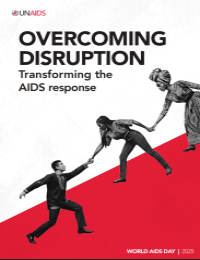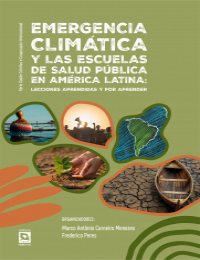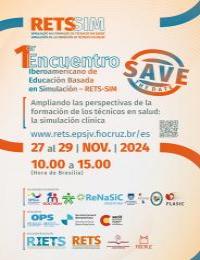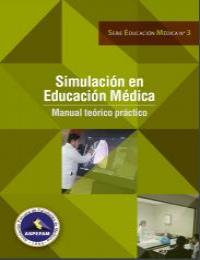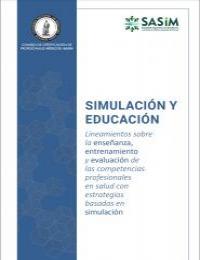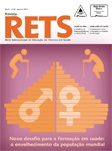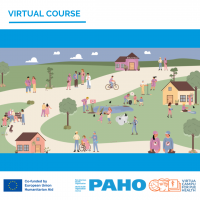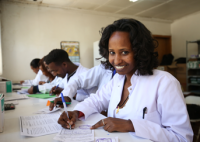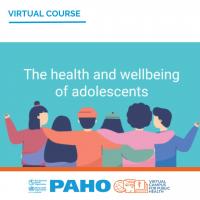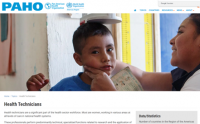To strengthen the strategic planning and response of Risk Communication and Community Engagement (RCCE) for dengue fever health emergencies among communication, health promotion, social and community mobilization teams, as well as other technical areas within health authorities and sector entities involved in dengue response. Learn more!
-
09/28/2016 - The Healthcare Information for ALL (HIFA) introduced a new thematic discussion on Monday 19th September. Sponsored by THET, a UK-based HIFA Supporting Organization, the discussion will continue through to 21 October 2016 and the volunteers can join the discussion in HIFA's network.
-
09/28/2016 - The Region of the Americas is the first in the world to have eliminated measles, a viral disease that can cause severe health problems, including pneumonia, blindness, brain swelling and even death. This achievement culminates a 22-year effort involving mass vaccination against measles, mumps and rubella throughout the Americas.
-
09/19/2016 - The director of UNASUR’s Health Institute (ISAGS), Carina Vance, and the executive secretary of the Andean Health Organization (ORAS-CONHU), Nila Heredia, signed the Framework Convention for Interinstitutional Collaboration in the city of Cartagena on September 7, 2016. Both authorities attended the XV Ibero-American Meeting of Ministers of Health and the LAC Conference 'Reducing Inequalities in Sexual and Reproductive Health' in Colombia. Representatives from the Ministries of Health of Argentina, Bolivia, Colombia, Chile, Ecuador, Paraguay and Peru also participated in the meeting.
-
09/16/2016 - States too often fail to uphold their obligations with regard to women and girls with disabilities, treating them or allowing them to be treated as helpless objects of pity, subjected to hostility and exclusion, instead of empowering them to enjoy their fundamental human rights and freedoms, the Committee on the Rights of Persons with Disabilities (CRPD) has said.
-
09/16/2016 - The microcephaly epidemic reported in Brazil in 2015 is the result of congenital Zika virus infection from mother to child, according to a preliminary case-control study by the Microcephaly Epidemic Research Group (MERG), published today in The Lancet Infectious Diseases journal. The study is titled 'Association between Zika Virus infection and microcephaly in Brazil, January to May 2016: Preliminary report of a case control study'.
-
08/03/2016 - Manoel Messias Neris, a 65-year-old resident of Santos, in Sao Paulo state, discovered he had hepatitis C in 1992 when he went to donate blood. “At first, I hadn’t read much about the disease and I thought that treatment to cure it would be simple,” he said. Instead, it took a number of years and several attempts at treatment before Manoel found the medication that would cure him.
-
08/03/2016 - Some 77 million newborns – or 1 in 2 – are not put to the breast within an hour of birth, depriving them of the essential nutrients, antibodies and skin-to-skin contact with their mother that protect them from disease and death, UNICEF said.
-
08/03/2016 - Children who were breastfed are healthier and learn better, according to research that suggests breastfeeding may contribute to aspects of sustainable development.
-
07/26/2016 - A new WHO report highlights the need to intensify national action to meet the global targets governments have agreed to protect people from heart disease, cancers, diabetes, and lung diseases. Globally, these 4 noncommunicable diseases (NCDs) represent the largest cause of death in people aged under 70 years, posing a major threat to sustainable development.
-
07/26/2016 - Vulnerable women have been disproportionately affected by the publich health crisis. Out of 62 countries that have recorded mosquito-borne Zika transmission in the last year, Brazil has been worst affected. According to the Ministry of Health, by 16 July, there were 1,709 cases of microcephaly and other Zika-related nervous system disorders. The worst-hit states, Bahia and Pernambuco, have recorded 277 and 371 confirmed cases of microcephaly respectively.

